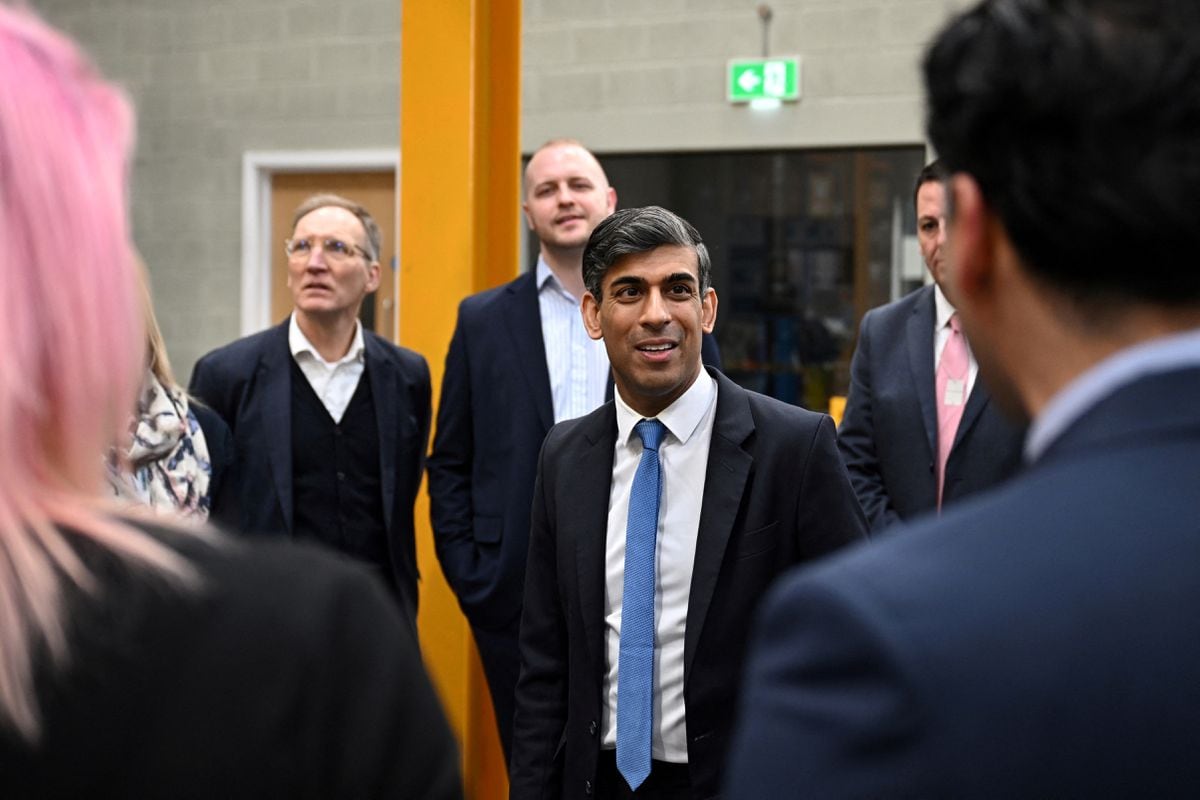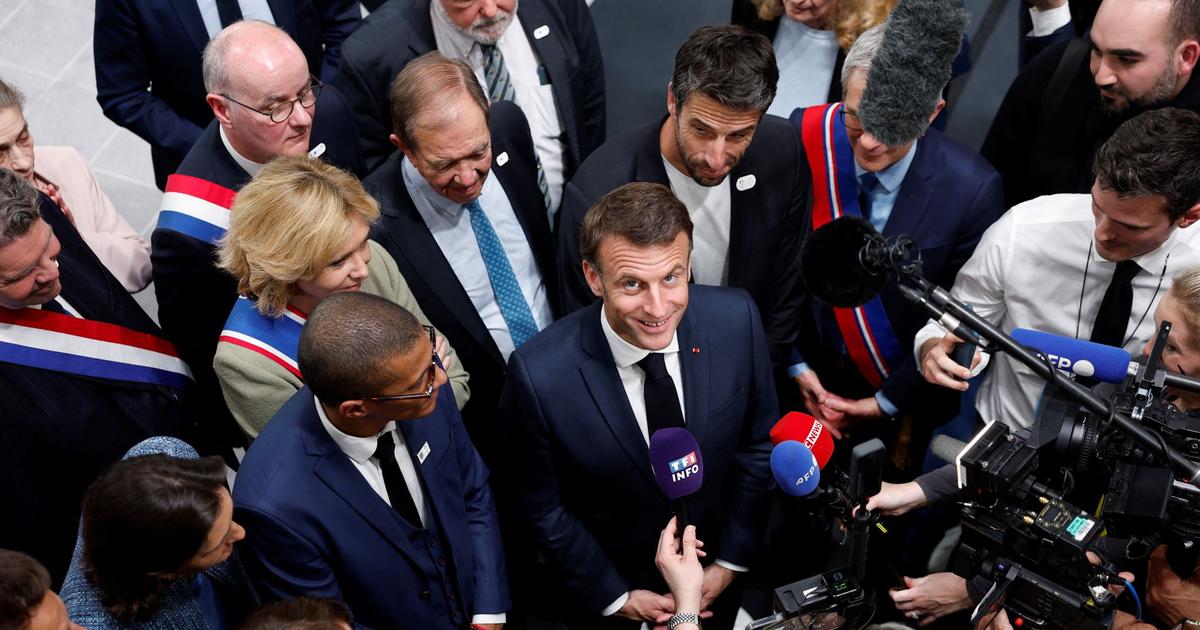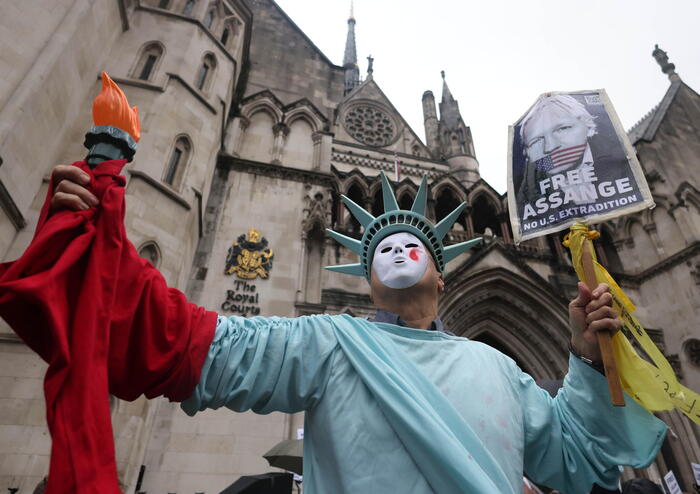United Kingdom and Gibraltar European Union membership referendum
all articles
When did the chaos actually start? Did it begin with the appointment of Alexander Boris de Pfeffel Johnson as British Prime Minister, in July of this year? Or with the outcome of the Brexit referendum three years ago? Did not it break through the island in January 2013, when then Prime Minister David Cameron (the elders will remember) announced a referendum on remaining in the European Union to appease the Europeans in his party?
The answer is that everything is right.
The crisis in which the island is located took its course with David Cameron almost seven years ago, it has deepened first with the referendum and then with the appointment of Boris Johnson, more profound than much that has happened in the past decades in the UK.
Brexit splits the people, the parliament, the democratic institutions, the country, threatens to devour parliamentary democracy, the prime minister has set the levers in motion. And so, almost every hour, Britain slips deeper into a self-induced, self-managed democratic plight that is experiencing its temporary climax in this moment, now, today.
The scene of the drama is the Palace of Westminster in London, where the lower and upper houses are located.
David Bank / Moment RF / Getty Images
You have to slow down the scenes that have been going on over the past few days and freeze that monumental moment in British history.
The acting figures are
- a prime minister , half gambler, half suicide bomber, who blatantly overrules democratic practices;
- its claqueurs like Conservative MP Jacob Rees-Mogg , a cynic who, in a gesture of bored contempt, raises his legs in Parliament and takes a nap;
- morally torn defectors like Philip Lee , until a day ago a deputy of the Conservative, who moved in dire need to the Liberal Democrats;
- Moderators like John Bercow , the parliamentary president, who is increasingly trying helplessly to curb the fires;
- and Queen Elizabeth II , a dumb monarch who silently endures her role as a non-party leader of the state.
It is clear that the Brexit referendum is still like a wedge in parliament, and thus across British democracy. That's why the crisis is so unprecedented in a country that rarely makes referendums, exceptions. In normal times, in a state policy-critical issue such as the EU's exit, the trench would run in the middle of the lower house, between the government and the opposition - but Brexit is just decomposing the parties like acid. Neither the Tories nor Labor has developed a clear, consistent attitude. The parties no longer depict the people. That's the first crucial problem.
UK Parliament / Roger Harris / REUTERS
The second problem is that the Brexit referendum began with a lie and continued with many lies. It began with David Cameron's unsustainable promise to completely reorganize relations with the European Union and the vague hope that the British might be inspired by a seemingly new relationship with the EU. As a result, Boris Johnson and other Brexit supporters led a cynical campaign that fooled the British, saying they only had to vote for leaving the EU to solve all their (supposed) problems - the many foreigners, the weak economy, the dilapidated health system, the growing social injustice, and so on.
Johnson cheats on himself and half the country when he says the problem can only be solved with a new election that gives him a bigger majority. If necessary, he would have a mandate to lead his country into an even more chaotic Brexit, if need be, without a deal with the EU.
But the biggest lie of the Brexit fighters is that for the moment they are paralyzing and weakening the institution they once wanted to strengthen by decoupling Brussels: their own parliament.
It would be sad if it was not so entertaining. Because at the same time, as you can see it daily in the live stream, the Brexit debate is a great moment of democracy . Here, the struggle for a commonwealth is publicly celebrated and celebrated in the place intended for it. Where, if not on the narrow, greasy leather seats of the lower house should be argued about the Brexit? This is where the heart of British democracy has been beating for centuries, where the people emancipated themselves from the will of the monarch, where Winston Churchill gave his legendary blood-sweat-sweat-and-tear speech against Hitler, where war had always been fought for.
For many, mostly conservative MPs, the Brexit debate is a good occasion for self-liberation - from the compulsion to fraction, from the obligation to support one's own government, from the fear of losing the mandate and thus the job. When was your own conscience more important than now? When was it easier for pale bureaucrats to become heroes, such as MP Philipp Hammond, then Secretary of Defense, Foreign Affairs and Finance under Theresa May, who was now allowed to vote against his own Prime Minister?
That's the way democracy must be: a loud, passionate contest about what's right and good and true. Boris Johnson is currently gambling on the core values of British parliamentarianism. It is not a game anymore. The hope is that in the course of debates to his compatriots, he finally exposes himself as the liar, blender, and cheater he really is.
Also read:
Premier Boris Johnson: The presumption
Brexit Whip Rees-Mogg: Contempt
Tory page changer Philip Lee: The rebellion
House Speaker Bercow: The Defense
Queen Elizabeth II: The silence











/cloudfront-eu-central-1.images.arcpublishing.com/prisa/KMEYMJKESBAZBE4MRBAM4TGHIQ.jpg)



